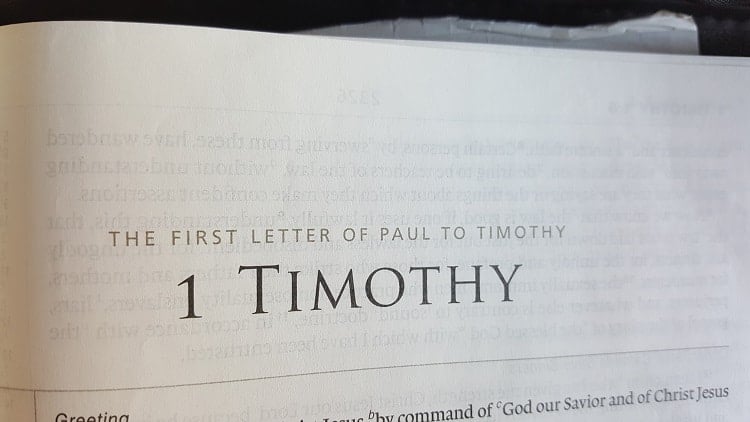⏱️ Estimated Reading Time: 3 min read
1 First of all, then, I urge that supplications, prayers, intercessions, and thanksgivings be made for all people, 2 for kings and all who are in high positions, that we may lead a peaceful and quiet life, godly and dignified in every way. 3 This is good, and it is pleasing in the sight of God our Savior, 4 who desires all people to be saved and to come to the knowledge of the truth. 5 For there is one God, and there is one mediator between God and men, the man Christ Jesus, 6 who gave himself as a ransom for all, which is the testimony given at the proper time. 7 For this I was appointed a preacher and an apostle (I am telling the truth, I am not lying), a teacher of the Gentiles in faith and truth. (1 Timothy 2:1-7)
This is a remarkable passage that has often been hijacked by those looking to start a doctrinal fight. While there are several controversial issues touched on in these verses, a quarrelsome reader can easily miss the devotional heart of this passage.
The heart of this passage is a call to prayer. Paul urges Timothy to make supplications, prayers, intercessions, and thanksgivings. Christians ought to be known as praying people. Prayer is a struggle for many. But Christians are called to be people who persevere in prayer.
The focus of our prayers must be kings and all who are in high positions. Christians must not be people who complain about government, but who pray for the government. All too often we spend more time railing against our leaders than we spend praying for their salvation.
The aim of these prayers is that we may lead a peaceful and quiet life, godly and dignified in every way. Christians ought to live lives that line up with this description. Yes, we must stand for truth and morality in a pluralistic age. But our lives must be peaceful and dignified.
The purpose of this lifestyle is that we might please God. Paul adds that God desires all people to be saved. The inclusion of this detail suggests that our manner of life is related to the salvation of the lost. Inversely, our failure to live rightly hinders the salvation of the lost.
The hope of this prayer is the one mediator between God and men, the man Christ Jesus. Our prayers are not inherently powerful, nor are they powerful when we say just the right words. Prayer is powerful because of the finished and the ongoing work of Jesus the Messiah.
The ground of Christ’s mediation is that Christ Jesus gave himself as a ransom for all. The cross is where Christ Jesus stood in our place. We have the assurance that Jesus continues to intercede for his people because we have certainty that our ransom was paid on the cross.
The result of Christ’s ransom is the obligation to preach the gospel. Paul was appointed a preacher and an apostle, a teacher of the Gentiles in faith and truth. This reminds us that while prayer is essential, it is not sufficient. People must hear, which means we must preach.




